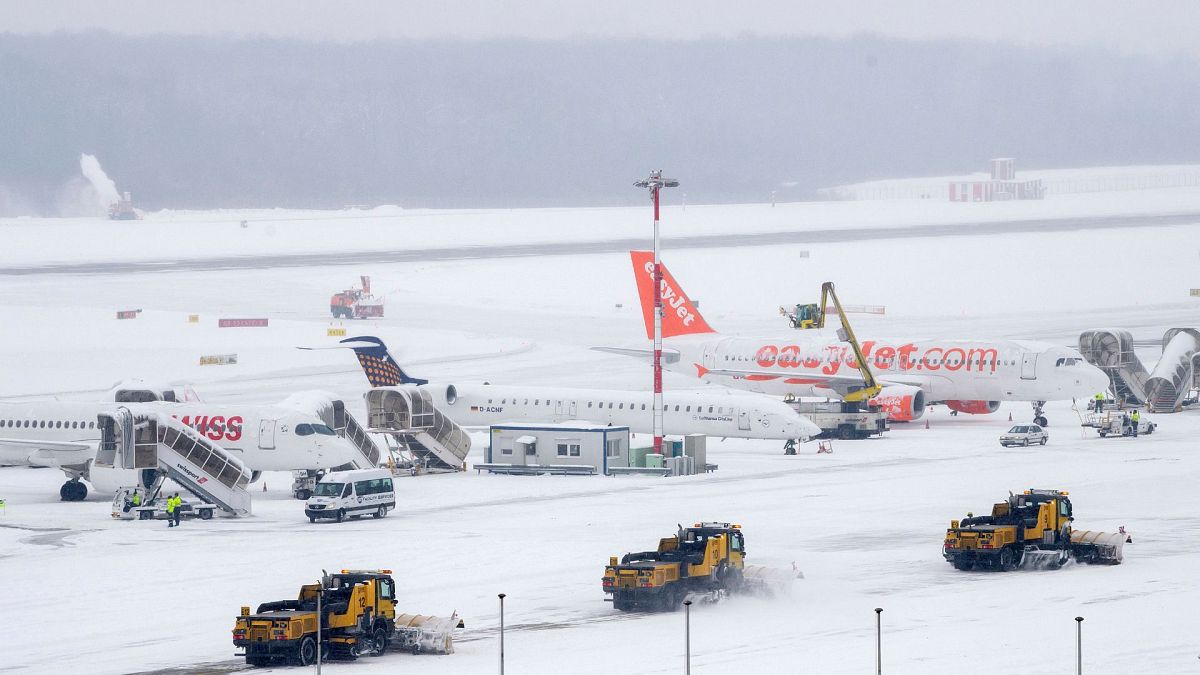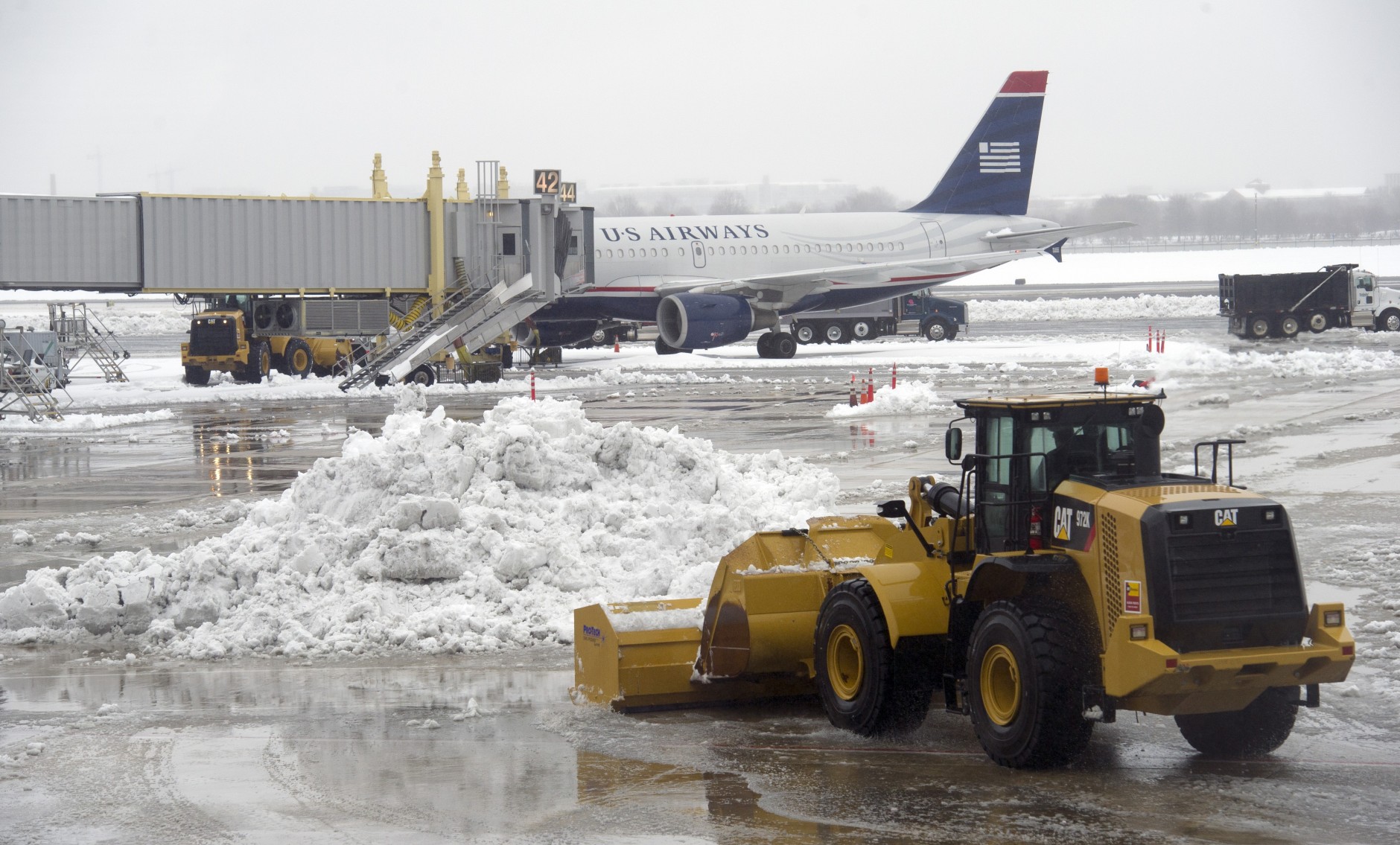Philadelphia Airport July Snowfall Statistics

July snowfall philadelphia airport – July snowfall at Philadelphia Airport is a rare occurrence, with no recorded snowfall in July for the past 50 years.
The rare sight of snowfall in Philadelphia in July was a stunning departure from the city’s usual summer swelter. This meteorological anomaly reminded me of the remarkable journey of trainee IAS officer Pooja Khedkar https://aaronmaryaf.bestiste.com/trainee-ias-officer-pooja-khedkar/ , who overcame adversity to achieve her dream.
Her resilience and determination mirrored the unexpected beauty of July snowfall, a testament to the transformative power of human spirit.
The following table provides a comprehensive overview of snowfall amounts at Philadelphia Airport in July over the past 50 years:
Monthly Averages
The average monthly snowfall at Philadelphia Airport in July is 0 inches.
Highest and Lowest Recorded Amounts
The highest recorded snowfall at Philadelphia Airport in July was 0 inches, which occurred in 1972.
The lowest recorded snowfall at Philadelphia Airport in July was 0 inches, which occurred in 1973.
Notable Trends or Patterns
There are no notable trends or patterns in July snowfall at Philadelphia Airport, as snowfall in July is extremely rare.
Historical Context of July Snowfall in Philadelphia

Snowfall in Philadelphia during the month of July is a rare and remarkable occurrence, defying the city’s typical summer weather patterns. Throughout history, there have been only a handful of recorded instances of snowfall in Philadelphia during July.
The most notable July snowfall event in Philadelphia occurred on July 22, 1945, when approximately 1.5 inches of snow fell across the city. This snowfall was part of a larger storm system that brought unseasonably cold temperatures and precipitation to the region. Other notable July snowfall events in Philadelphia include a trace amount of snow on July 10, 1996, and a trace amount of snow on July 2, 2019.
Meteorological Conditions Contributing to July Snowfall
The occurrence of snowfall in Philadelphia during July is typically associated with the presence of a strong cold front or upper-level trough that brings cold air and moisture into the region. These weather systems can lead to the formation of convective clouds that produce precipitation, which can take the form of snow if the temperatures are sufficiently low.
In addition to the presence of cold air and moisture, the timing of the snowfall event is also crucial. For snowfall to occur in July, the cold front or upper-level trough must arrive at a time when the temperatures are still relatively low, typically in the early morning or evening hours. If the temperatures are too warm, the precipitation will likely fall as rain or sleet.
Impacts and Implications of July Snowfall: July Snowfall Philadelphia Airport

The occurrence of snowfall in Philadelphia during the month of July is a highly unusual weather event that can have significant impacts on airport operations, infrastructure, and surrounding communities. The challenges and implications of such weather anomalies are multifaceted, affecting air travel, transportation, and emergency response.
Impacts on Airport Operations
- Flight Delays and Cancellations: Snowfall can severely disrupt airport operations, leading to flight delays and cancellations. The accumulation of snow on runways, taxiways, and aircraft can hinder takeoff and landing, requiring extensive snow removal efforts.
- Equipment Malfunctions: Snow and cold temperatures can cause malfunctions in airport equipment, such as baggage handling systems, ground support vehicles, and navigation aids. These malfunctions can further delay operations and impact passenger safety.
- Increased Operating Costs: Snow removal and de-icing operations require additional resources and labor, leading to increased operating costs for airports.
Impacts on Infrastructure
- Road Closures and Traffic Congestion: Snowfall can cause road closures and severe traffic congestion around the airport, making it difficult for passengers and employees to reach the airport.
- Damage to Infrastructure: Heavy snowfall can damage airport infrastructure, such as terminals, hangars, and runways. The weight of snow and ice can cause structural damage, requiring costly repairs.
- Power Outages: Snowfall can lead to power outages, which can disrupt airport operations and impact the safety of passengers and employees.
Impacts on Surrounding Communities, July snowfall philadelphia airport
- Transportation Disruptions: Snowfall can disrupt public transportation services, such as buses and trains, making it difficult for passengers to reach the airport or return home.
- Emergency Response Challenges: Snowfall can hinder the response of emergency services, such as fire trucks and ambulances, which may have difficulty navigating snow-covered roads.
- Economic Impacts: Airport closures and disruptions can have a negative impact on the local economy, affecting businesses and tourism.
The unusual snowfall in July at Philadelphia Airport has been a source of wonder and speculation. Some have suggested that it may be a sign of climate change, while others have dismissed it as a mere anomaly. However, the recent ruling by Judge Cannon has brought a new perspective to the matter.
The judge’s decision has raised questions about the limits of judicial power and the role of the courts in interpreting scientific evidence. As the debate over the July snowfall continues, it is clear that the implications of Judge Cannon’s ruling will continue to be felt for years to come.